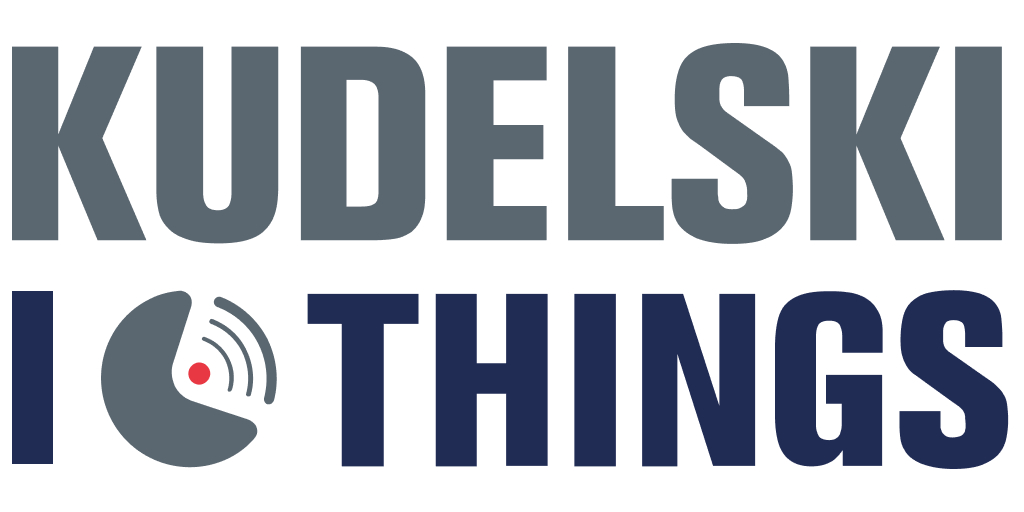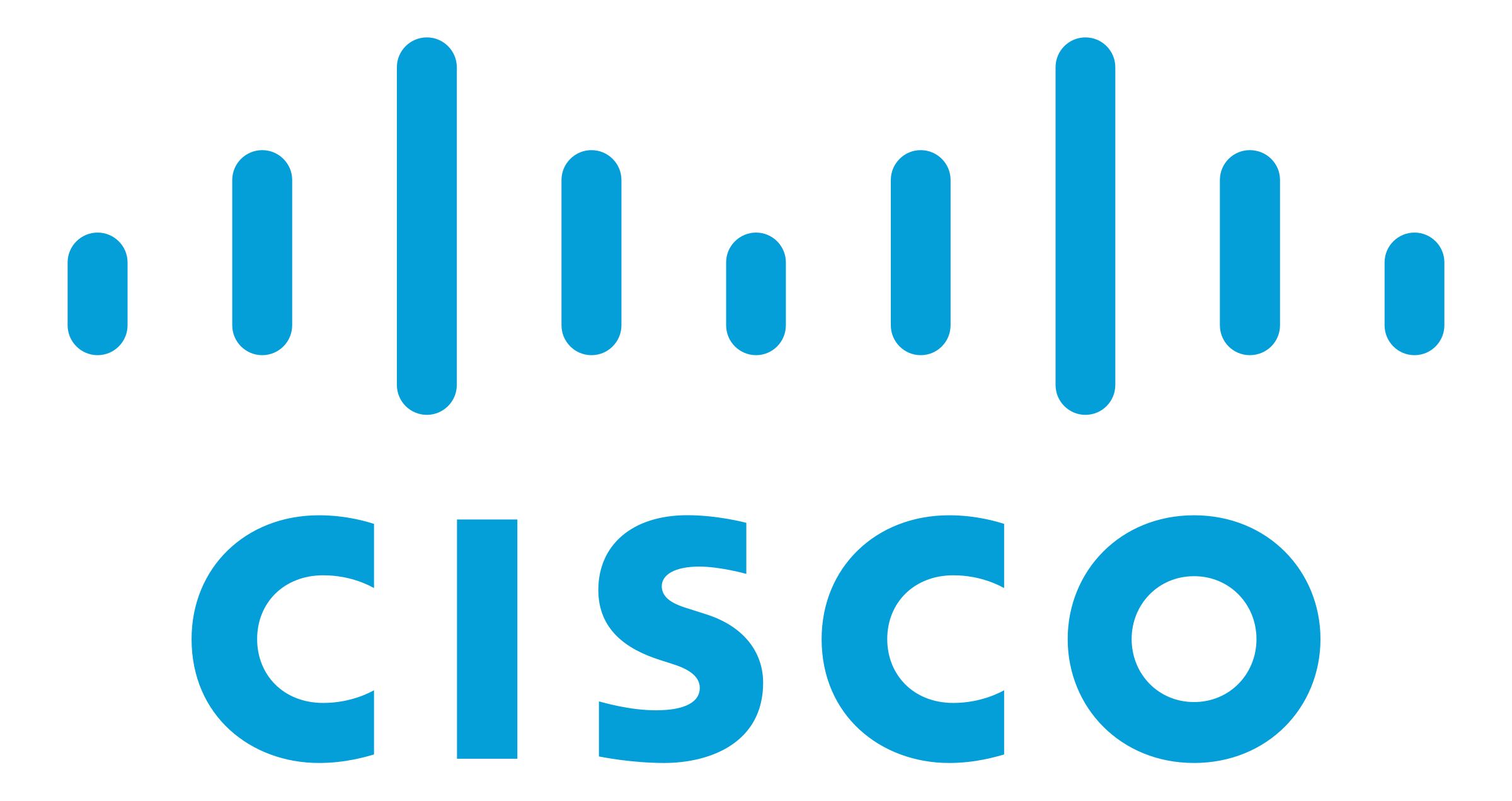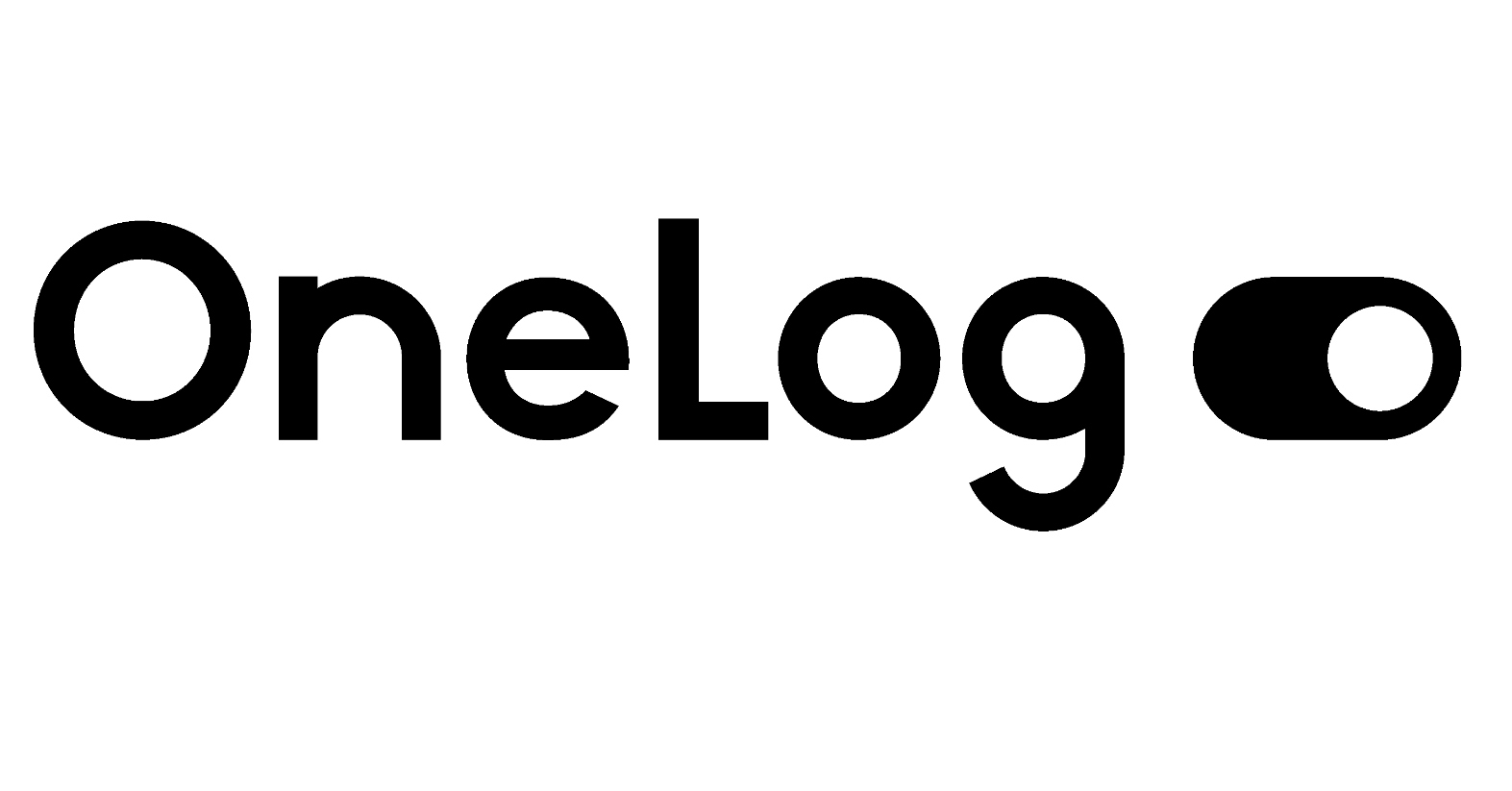Digital Trust Label
The Digital Trust Label, putting trust and transparency in technology!
Showcase your digital services with a strong commitment to Corporate Digital Responsibility (CDR) with the Digital Trust Label. Maintain and gain user trust with a digital label.
Get the Digital Trust LabelA commitment to digital responsibility
We believe that trust, transparency, and technology belong together, but as digitalisation accelerates, it is getting increasingly difficult to understand what’s happening with your data. Algorithms and other digital tools operate in the background and can leave you feeling insecure when using digital services.
With the Digital Trust Label, we are putting trust and transparency back into technology! Created in Switzerland, the Digital Trust Label is the first of its kind anywhere in the world.
Security
Data Protection
Reliability
Fair User Interaction
Join the Digital Trust Pioneers
The awarded service is granted a unique Digital Trust Label certificate that is made tamper-proof using CERTUS® QR code technology by SICPA.
SDI latest news & insights

The Era of Generative AI: My trust becomes even more important
Jessica Espinosa & Nicolas Zahn • November 2023
2023 has been the “boom” year of Generative Artificial Intelligence (AI). This type of AI focuses on generating original and creative outputs, such as texts, images, music, and much more. Already in use in multiple digital apps, this technology will massively increase everyone’s exposure to the opportunities, capabilities, and challenges of AI, affecting all of us in many aspects of our everyday lives.
From academia and education to social media and the music industry, generative AI sets out to change the world. Presenting immense opportunities for innovation, spurring human and industry development, generative AI also raises delicate questions about privacy and intellectual property rights, inclusivity, transparency, and accountability. In addition, the probability of spreading disinformation and misinformation (including the creation of new songs by replicating artists’ voices) has triggered heightened political attention and pressure to govern and regulate AI.
Just last week, between October 30th and November 3rd, G7 leaders welcomed the Hiroshima AI Process Comprehensive Policy Framework as international guiding principles for AI, the Bletchley Declaration from the AI Safety Summit was adopted by 28 countries and the European Union and the United States presented and Executive Order that explicitly mentions the intent to “Develop standards, tools, and tests to help ensure that AI systems are safe, secure, and trustworthy”. Those developments together with an overview of the current global discourse, challenges, and opportunities for AI use from the public sector to education and governance were also discussed at the AI Policy Summit at ETH Zürich that brought together practitioners, academics, and policymakers from over 100 countries.
Although all of these developments are positive frameworks aiming to encourage transparency and accountability from AI developers to measure, monitor, and mitigate potential harm, the multiplicity of initiatives and policy proposals also leads to uncertainty for companies developing and implementing AI. Likewise, customers of digital products and services using AI are still mostly in the dark about what AI means for them. Customers and users of the digital space are demanding more and more transparency in the technology they use. They want to be aware of the privacy policies, the algorithms behind the processes and, in general, how trustworthy the technology is.
At the Swiss Digital Initiative, we have developed a practical solution to address transparency and trustworthiness in digital technology: the Digital Trust Label. Developed as a tool for companies to denote that they are transparent about the technology employed, particularly when it comes to the use of AI algorithms, the Digital Trust Label builds trust between the users and digital technology providers. When it comes to AI, a recent study by the University of Basel confirms that “the presence of a certification label significantly increases participants’ trust and willingness to use AI”. Hence, the Label is both a solution to increase trust in the digital world and a way to exert the development of ethical, safe, and inclusive AI algorithms.
Learn more about the Digital Trust Label https://digitaltrust-label.swiss/

SDI welcomes Nicolas Zahn as new Managing Director
SDI • October 2023
Starting October 1st, the Swiss Digital Initiative is thrilled to introduce Nicolas Zahn as its new Managing Director.
Nicolas Zahn has been an integral part of SDI for the past two years, overseeing interactions with our Digital Trust Expert Group and representing SDI in various working groups. With expertise on digital transformation’s political, social and economic consequences, and a deep understanding of digital trust and artificial intelligence, we cannot think of a better fit to lead this new chapter for the Swiss Digital Initiative.
As Nicolas embarks on his journey as Managing Director, we remain committed to advancing the discourse on Digital Trust, both domestically as well as on the international stage. We will continue to provide valuable in-depth insights and practical tools, including the Digital Trust Label, for organisations seeking to bolster their digital trust practices.
The SDI team would like to express our deepest appreciation for Fathi Derder’s leadership and contributions throughout his time with us. We wish him the very best in his exciting new role as producer and host of “Le Grand Soir” at RTS!
🚀 Stay tuned for exciting projects and developments in this new chapter of SDI!

Turning Data Protection from Compliance to Advantage
Nicolas Zahn • August 2023
Per 01.09.2023 the new Federal Act on Data Protection will come into force. What does the new law tell us about the regulatory realities in the digital economy, what is the link between data protection and digital trust, and why might it be time to think about data protection differently?
Organisations big and small are scrambling in Switzerland to comply with the new Federal Act on Data Protection (nFADP) that enters into force beginning this September. The new provisions mark a clear change from the old act on data protection that goes back to the 1990s, a time where communicating digitally was still a rare sight and postcards were more dominant than email as the internet age was just about to begin. The new act is supposed to give individuals better protection and guarantees when it comes to how their personal data is being handled by authorities and corporations (see e.g. the overview by the FDPIC here)
Global developments, local effects
However, another aspect of why the law – after several revisions and consultations – is now being updated is linked to the European Union. Given that Switzerland participates in the European single market but is not a member of the European Union, it is essential for smooth operations that the legal situation in Switzerland is seen as equivalent to the European regulations. This was no longer the case in terms of data protection as the European Union had set the global de facto standard for data protection legislation with the General Data Protection Regulation, GDPR. The new Swiss legislation takes inspiration from GDPR but differs in a few crucial aspects e.g. it continues to follow the Swiss approach of allowing data processing unless explicitly forbidden by law whereas the GDPR requires a legal basis for data processing. Nevertheless, the new Swiss legislation is a huge step forward in terms of data protection and certainly many organizations will have to invest time and resources to ensure compliance with the new framework.
It all starts with data and trust
Data protection is often at the core of digital policy debates since data is at the core of the digital economy. Digital businesses need data, from logistics and operations in a factory to marketing campaigns on social media. Hence, getting the regulation of data processing right is crucial for the digital economy. Given the sensitive nature of many data points that are used on a daily business in today’s digital economy and the value that data presents to companies, it is also essential that data protection frameworks manage to create trust between data providers – often individuals – and data processors – the companies offering digital services. Only if I feel that my data is handled responsibly, e.g. because I know that there are severe punishments for companies that fail to do so, am I willing to share and contribute data. Unfortunately, the last years with countless scandals involving sloppy data handling have severely undermined the trust relationship between data providers and data processors.
This is exactly why in our work on digital trust, data protection plays a crucial role. If there is no trust regarding data involved in a digital service, there can be no sustainable relationship between a consumer and a digital service provider. Data Protection is one of the four dimensions our Digital Trust Label assesses and it follows established standards such as GDPR when it comes to the relevant auditing criteria. Organizations that opted early on to go through the labelling process thus had an advantage when it comes to complying with the new Swiss legislation on data protection as many questions that they need to ask themselves already became clear when looking at our criteria catalogue: it pays to address digital trust as early as possible, especially in a quickly shifting regulatory environment like the one we are experiencing at the moment.
From nuisance to asset
But purely framing the issue of data protection as a question of compliance would be a missed opportunity. As with digital trust more generally, investing in data protection and using it as a way of thinking clearly about the relationship between consumers and digital service providers can provide advantages in the marketplace. With not only growing regulatory pressure but also increased user awareness, it pays to proactively address data protection and see it not necessarily as a nuisance to comply with but an asset for the own company. The Swiss Digital Initiative had the opportunity to present its work at a conference organised around this exact argument by MD systems. Read more in their blog about the event.
To learn more about our work, see here.









